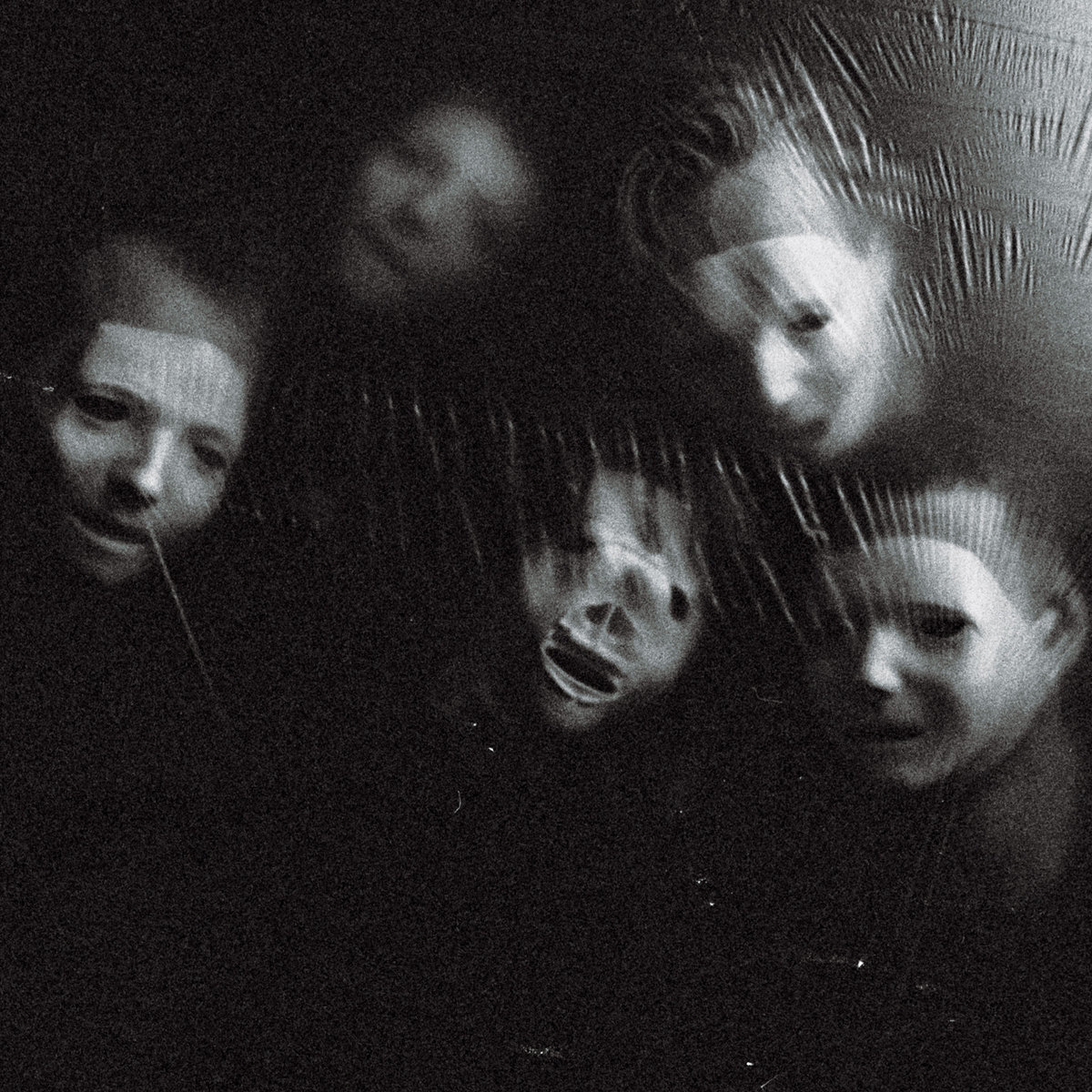Ditz – The Great Regression

It’s been a while since we last heard from Ditz. Back in 2019, before the multitude of ‘life-changing’ global crises started heading our way, the band were holed up in Brighton, getting ready to release their debut album to the world. Well, we all know what happened next, but thankfully the band has been using their time wisely, and have spent the last two-and-a-bit years honing the sound and making sure that they were ready to hit the ground running once the all-clear had sounded.
Thankfully, despite all the tinkering, The Great Regression shows that Ditz hasn’t lost any of the acidity. Distilling the band’s essence into a tight, ten-song title, no song on this record pulls any punches. In fact, the first two songs; ‘Clocks’ and single ‘Ded Wurst’ could be their best five minutes yet. A mix of menacing bass progressions and raw, dissonant noise, the record’s opening minutes can stand shoulder to shoulder with the best of mid-’00s Nine Inch Nails, Mars Volta or Atari Teenage Riot.
Things don’t let up from there. Since the early days, Ditz have sounded like a band that speaks up for society’s margins, and themes of alienation, insecurity and bodily collapse pepper the songs on this record. Album highlight and upcoming single ‘I am Kate Moss’ teases out the disjunction between personal and visual identities, particularly where it applies to masculinity and femininity. Three, on the other hand, is a hip-swivelling, old-school rock banger, that takes dialogue from Stanislaw Lem’s sci-fi masterpiece Solaris and reworks it into a stinging critique of performative activism of faceless corporations and well-meaning yet naive university students.
All told, The Great Regression is about as strong as debut records get. Channelling all of its rage, sarcasm and scorn into a taut, well-honed package it’s both a brutal assault on the senses and a window into the raw talent and unique worldview that makes Ditz one of the most interesting bands on the current UK punk scene.